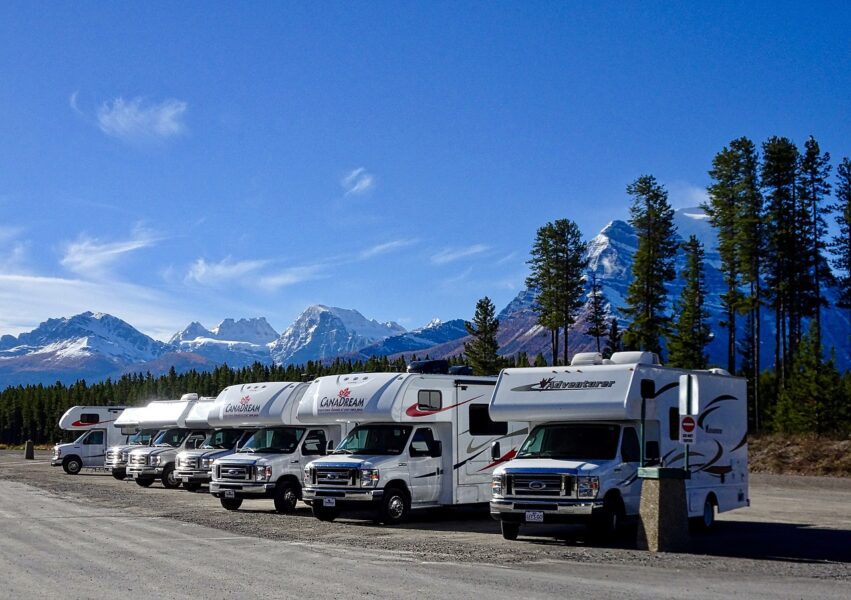With the rise in popularity of road-tripping and life on the road, it’s little wonder that more and more people are seduced by the freedom of living in a van or RV. No longer confined to the US, motorhomes have become a popular choice for solo travellers, families, friends, couples and everyone in between. The freedom and flexibility this type of travel offers can enable you to experience the world uniquely and entirely on your terms.
But before you jump feet-first into exploring the country or beyond in your new van, you should know a few things before embarking on your road trip.
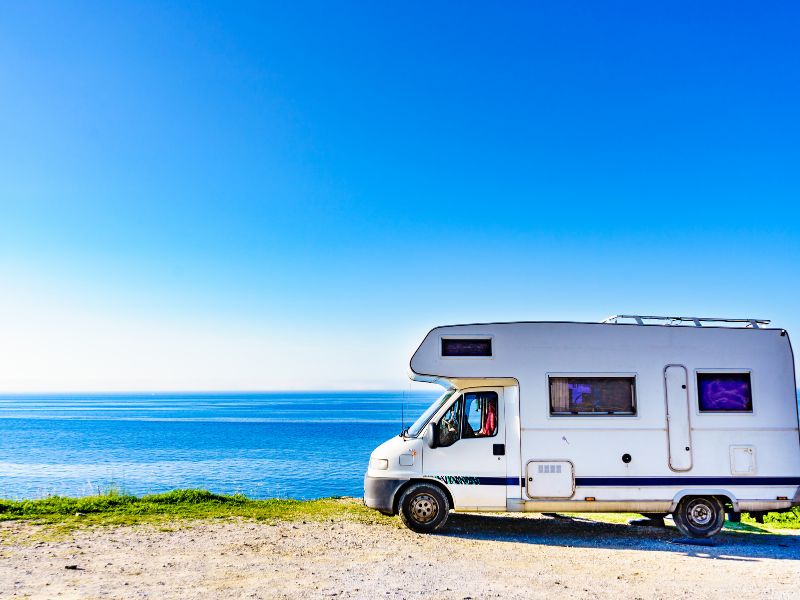
Practical Tips for First Time RV Road-Trippers

1.Get to know your vehicle
You need to get to grips with the vehicle you are driving, primarily if you have never driven anything of that size. Get to know where all the controls are and how everything works inside. You need to understand how to connect to the mains hook up, how to turn the gas on, lock up, change the toilet cassette and know how full the fresh and grey water tanks are and how to empty them, for example.
Knowing these small details before you set off can help things run smoothly and reduce the need to panic because you can’t figure out how something works. If you’re unsure, talk to the company you are leasing the RV from or the seller for more details and familiarise yourself with the handbook for best driving practices and identifying issues when on the road.
Make sure you know your vehicle’s dimensions to help you avoid bumps and scrapes from trying to access roads or areas that are too small or to avoid low bridges and narrow lanes.
2.Know How To Prepare The Vehicle For Driving
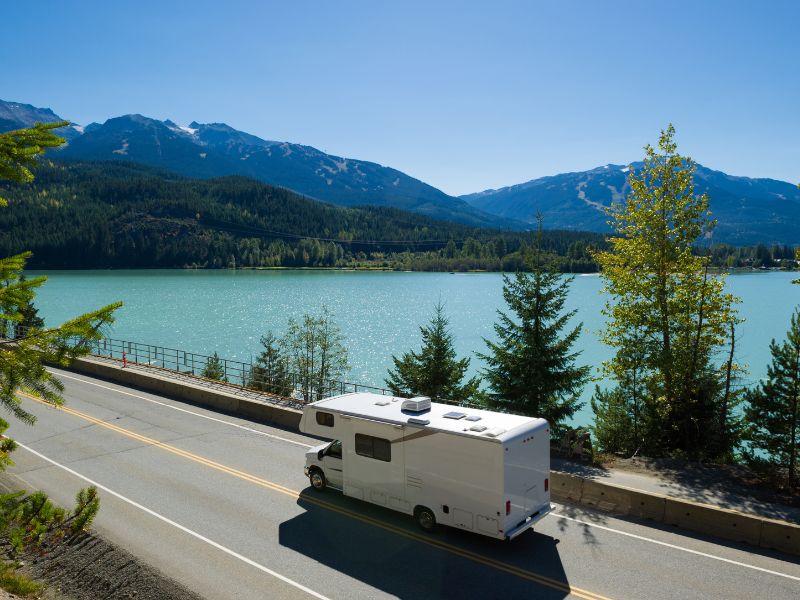
Driving a motorhome isn’t like driving a normal car. There are things you need to take care of before setting off. For example, you should never, ever drive an RV with the gas turned on. Make sure you know exactly what to do to prepare your vehicle for getting back on the road. This means disconnecting utilities and hookups, securing cupboard doors, closing windows etc. This will help you to have a much safer journey and avoid any additional damage.
Make sure you know exactly what you need to do prior to moving off to ensure you are driving safely and everything is secure within your RV.
3.Take A Manoeuvring Course
You need to know how to handle your vehicle before you head out. Check online for local certified driving courses and instructors who can teach you everything you need to know, or talk to your rental company or dealership to help you practise driving your vehicle and making the proper manoeuvres.
The more familiar you are with how to handle your RV, the easier it will be to make the right driving decisions and for you to park it up.
4.Know Your Payload
Your payload is the maximum weight allowed for the vehicle you are driving. The MTPLM – Maximum Technically Permissible Laden Mass is the extra weight you can add to your motorhome. This will affect how much you are able to pack and take with you each day.
Too much additional weight in your RV will affect handling and manoeuvring. As well as this, you also need to pay attention to how you load your motorhome too. Uneven Weight distribution will affect your driving experience and reduce fuel economy. Take it to a weigh bridge to ensure you are under your permitted load and avoid invalidating your insurance policy.
5.Know your Power
You need to be aware of the power available in your RV to help you use all of your amenities, such as lights, heating sources, fridges, stoves etc. You must also pay attention to any devices or equipment that might need frequent charging. Most motorhomes come equipped with built-in generators and can be either 30-amp or 50-amp; typically, smaller motorhomes will have a 30-amp power source.
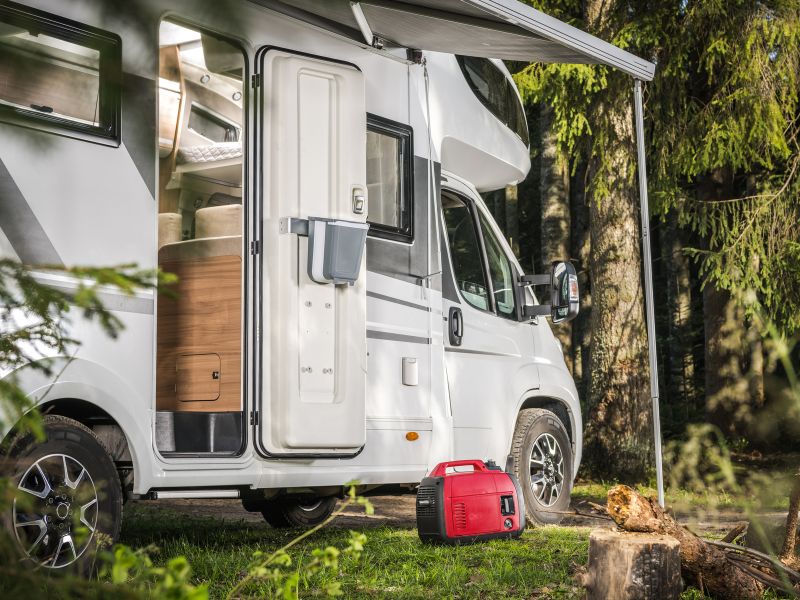
However, you need to be aware of how much energy you will need to use daily to ensure you don’t run out of power. While you can park at a site with an electricity hook-up, it can be worthwhile looking at the best rv generators to find one that will work for you, be it a fuel-powered generator, or a wind-powered one, or you use solar-powered energy for all of your electrical needs.
6.Take the essentials
While it can be fun to kit out your new home with all the latest equipment and accessories and make it into a more comfortable space you want to spend time in, you also need to make sure you have a list of emergency supplies and products that can help you out. These items can include but are not limited to;
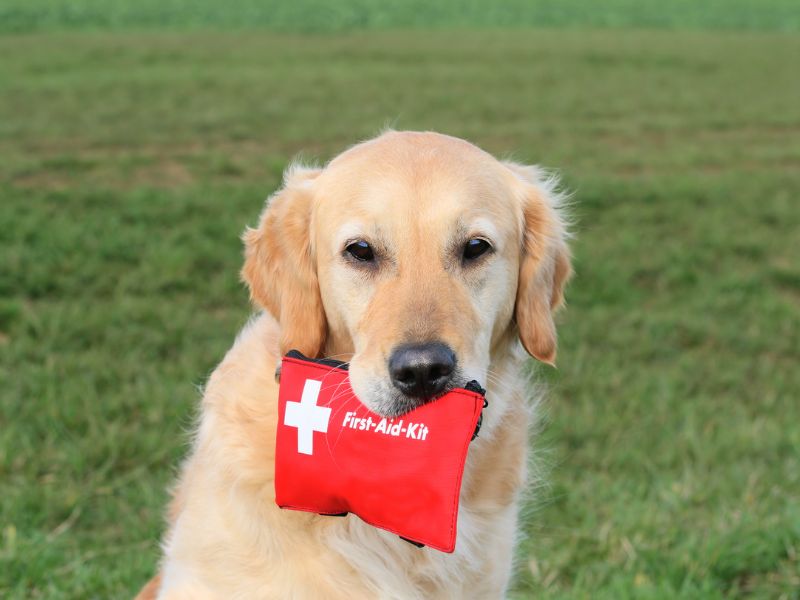
- Spare toilet cassette
- First aid kit
- Tyre repair kit
- Gas bottle
- Bed
- Batteries
- Water
- Toilet cleaning supplies
7.Use Apps and GPS Software
Most modern RVs will come with built-in GPS systems; however, if it doesn’t, you should install a navigation system to ensure you don’t get lost on your travels and know precisely where you are at all times.
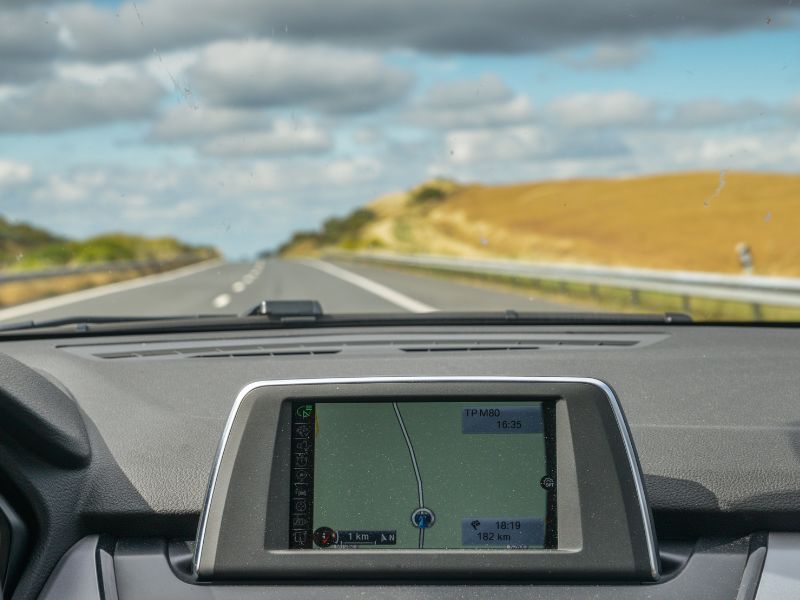
Combine this with using route planning apps that can help you navigate your trip easier and allow you to share your location with family and friends for added safety and security should anything go wrong or you experience an emergency. These can be a lifesaver in the wrong situation and get you the help you need faster.
8.Take A Practise Run
Take some time to experience life in your mobile home before you get mobile. Whether this is sleeping in it overnight in your driveway, taking it out on local roads to get used to the handling or visiting a local site for you to dip your toes into the water, so to speak, try to get some real-world experiences with the vehicle before you embark on your trip.
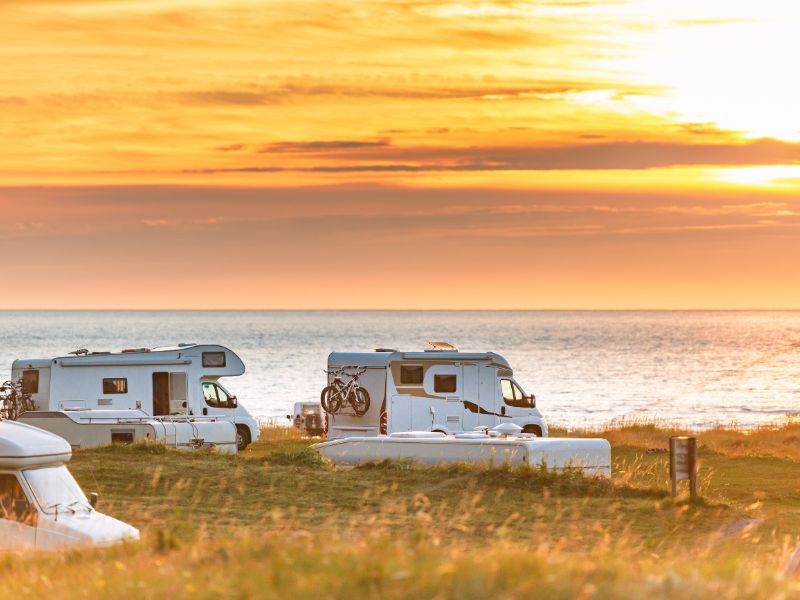
This can give you a better feel for how things will go and give you a better idea of how you will feel living like this for extended periods.
Final words on Practical Tips for First Time RV Road-Trippers
RV trips can be a fantastic experience and allow you to explore far and wide on your terms without the hassle of booking flights, hotels or having to camp outside in nature if that isn’t your thing. However, you should take the appropriate steps and precautions to ensure you know exactly what you are getting into and you are prepared for what RV road trips entail.
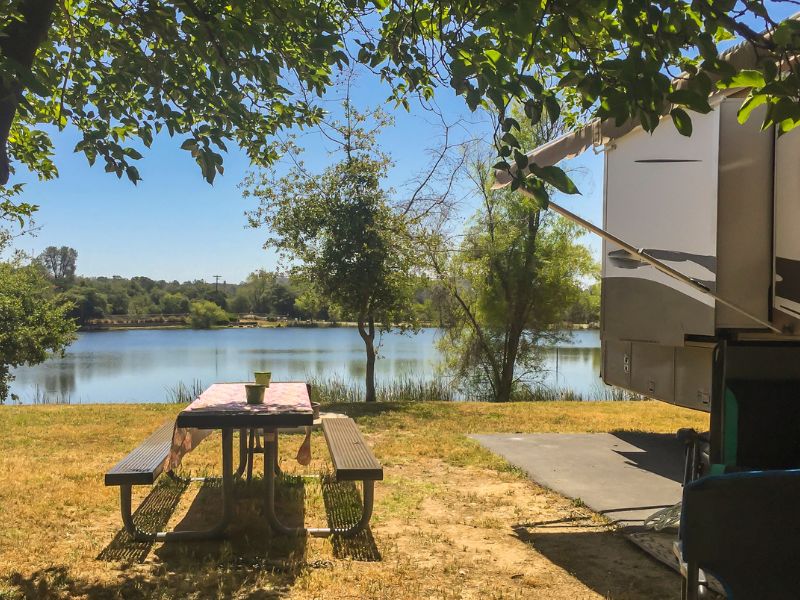
I hope you enjoyed this feature about Practical Tips for First Time RV Road-Trippers and you can also have a look more of our travel tips features.
